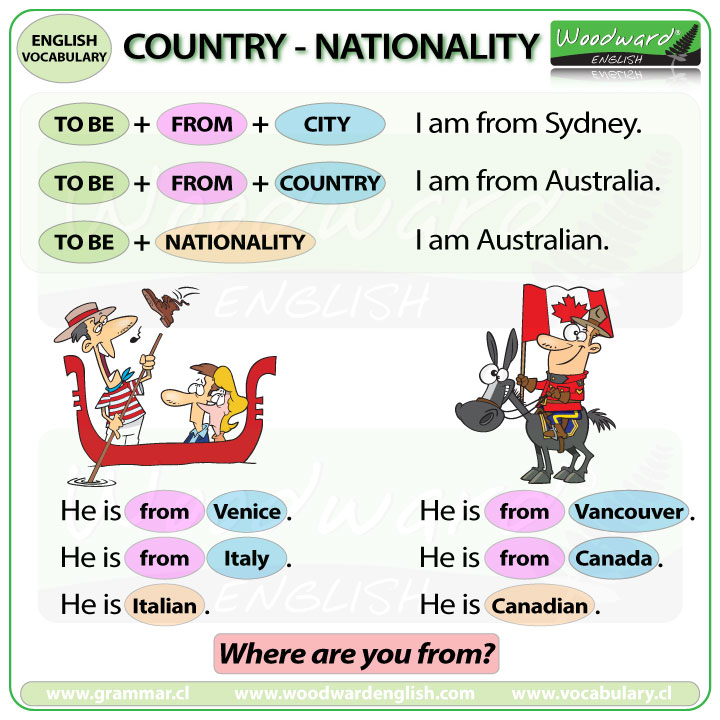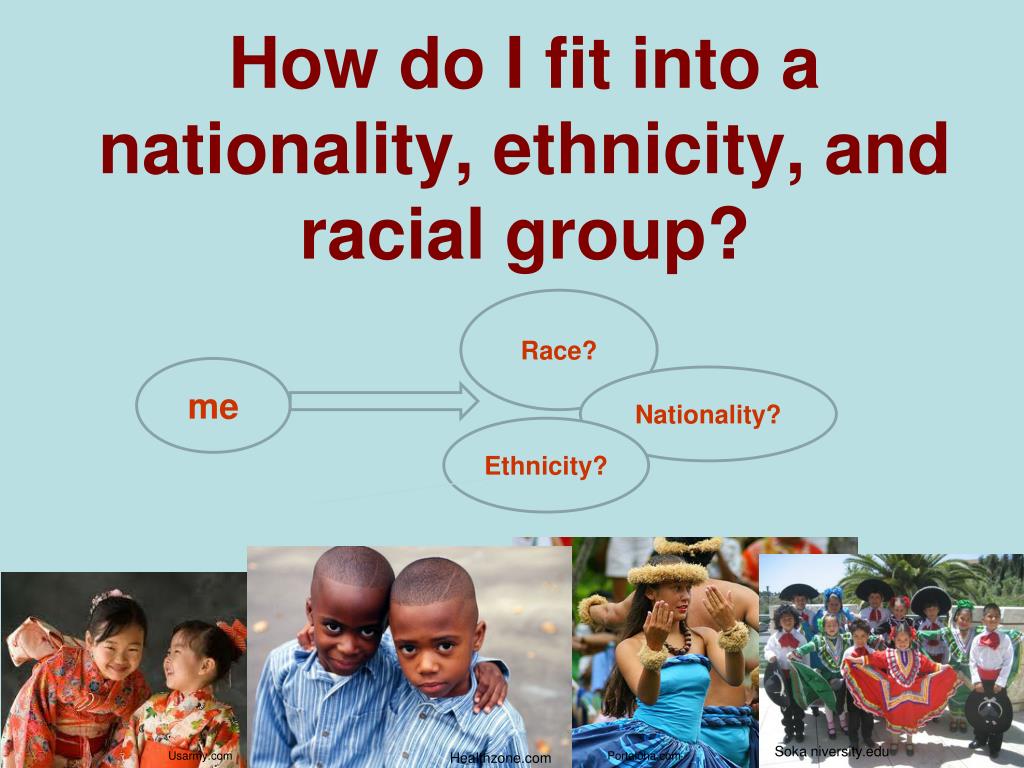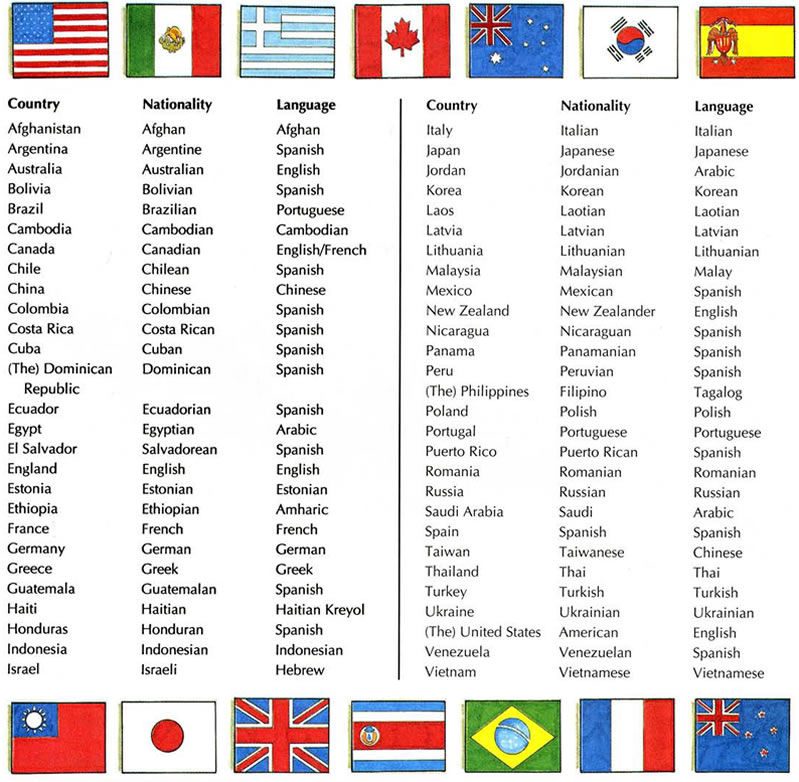What You Need To Know About A Don Nationality Explained
Could a single word encapsulate a lifetime's complexities, a legacy of influence, and a web of associations, all interwoven with the concept of a don nationality? The very phrase, charged with ambiguity and implication, suggests a world where identity transcends simple borders, where power resides in the shadows, and where affiliations are often more potent than official declarations.
The phrase, often whispered in hushed tones or splashed across sensational headlines, evokes images of individuals operating beyond the conventional constraints of nation-states. It suggests a world where allegiances are fluid, loyalties are bought and sold, and the pursuit of wealth and influence reigns supreme. It speaks to a realm where the rules are different, the stakes are high, and the consequences of failure can be dire. But what does it truly mean to claim "a don nationality"? Is it a formal declaration, a self-proclaimed title, or a status earned through actions and associations? Is it a badge of honor, a mark of shame, or simply a tool in a larger game?
The nuances of this "nationality," if it can even be called that, are vast and complex. It encompasses a network of people, and places. It is a shared history, and a shared purpose. It is a language, a culture, and a set of values. It is, in essence, a world unto itself. To delve into the understanding of "a don nationality" requires a multifaceted approach: a review of historical context, an exploration of the motivations that drive these individuals, and an assessment of the impact they have on the broader world. This examination must be done with due diligence. Because it can be a dangerous term. It can also be used to hide people. In its essence, this idea touches on the intersection of criminality, governance, and global finance. What the nature of this nebulous "nationality" truly is?
The term itself, a don nationality, is highly evocative and politically charged. It hints at illicit activities, and influence peddling. It suggests that those identified with this label operate outside the normal constraints of law and morality. The phrase often is used as an indictment, a shorthand for corruption, organized crime, and a blatant disregard for the established order. The phrase carries a weighty implication. It can be a reflection of distrust in law enforcement and a sense of powerlessness in the face of forces perceived as too powerful or too deeply entrenched to be challenged.
One thing is clear: the concept of "a don nationality" exists, not as a formally recognized identity, but as a complex constellation of factors. Those factors include: origin, network, wealth, and reputation. It is a potent force, shaping events and influencing lives in ways that are often hidden from public view. It is a reality that demands serious scrutiny, and as such, its impacts can also be seen in other ways. The political impact that can be brought can be detrimental. The economic impact can be corrupting. And the social impact can be destructive.
Let's consider the hypothetical persona of an individual who, for the sake of discussion, might be associated with such a concept, even if not explicitly declaring "a don nationality." The information presented here is purely for illustrative purposes.
Here's a fictional example of how the term "a don nationality" might be applied in a case study, remembering that the following details are constructed solely for the purpose of illustration and understanding:
| Biodata Category | Details |
|---|---|
| Name (Fictional) | Victor Rostova |
| Birthplace | Odessa, Ukraine |
| Primary Residence | Geneva, Switzerland |
| Known Aliases | "The Fox," "V.R.," "Rost" |
| Reported Nationalities | Ukrainian (revoked), Russian, Cypriot (acquired via investment), potentially others. The revocations are also the reason he might be looking to create his own nationality. |
| Assets | Vast real estate holdings in multiple countries, significant investment portfolios in offshore accounts, controlling stakes in various businesses, including energy and shipping. |
| Connections | Reported ties to former government officials in several Eastern European countries, links to individuals with alleged involvement in organized crime, close relationship with prominent lawyers and consultants specializing in asset protection. |
| Alleged Activities | Money laundering, tax evasion, corruption of public officials, involvement in arms trafficking, and exploitation of natural resources. |
| Legal Status | Subject of investigations in several countries; actively avoids extradition and prosecution through legal maneuvers. |
| Reputation | Known for ruthlessness, discretion, and ability to navigate complex legal and financial systems; feared by adversaries. |
| Key Skill | Master of disguise, asset protection, financial planning, and network manipulation. |
| Reference | International Consortium of Investigative Journalists (ICIJ) (Illustrative example. Not a direct reference to the described individual, but to an organization that investigates such cases.) |
Victor Rostova's story, even fictional, highlights the attributes and associations that make up "a don nationality." He has: origins tied to a region with a history of organized crime and corruption; an ability to move easily between borders and legal jurisdictions; a complex web of relationships; a vast personal wealth and the willingness to spend it. The actions of Rostova, or people like him, are usually a demonstration of the qualities often ascribed to this nebulous form of belonging. The people in this system are outside the confines of the law.
Another facet of "a don nationality" revolves around networks. Often, these individuals dont exist in isolation, they thrive in environments of shared interests. These networks are built on trust, mutual benefit, and a shared understanding of unspoken rules. The strength of this network lies in its secrecy, its agility, and its ability to operate outside the bounds of conventional authority. Members provide support and protection to each other, shielding each other from scrutiny and the consequences of their actions. This can involve providing access to information, facilitating transactions, or even eliminating threats. This collaborative environment fosters a sense of solidarity.
The term "a don nationality" often implies a particular relationship to the nation-state. These individuals may not recognize national borders. They operate on a global stage where the interests of different countries are often at odds. They are more likely to have their own self-interests in mind, often in conflict with the interests of any given nation. They seek to exploit loopholes, use offshore havens, and influence governments. This can be done through bribes, or influence. This can be done through leveraging their wealth and connections to shape policies and regulations to their advantage. This detachment from national allegiance is a core element of what defines them, and what they represent.
The economic implications of "a don nationality" are far-reaching. The illicit activities associated with this phenomenon, such as money laundering, tax evasion, and corruption, can undermine the stability of financial systems. These actions can weaken democratic institutions and distort markets. The accumulation of wealth in the hands of a select few who operate outside the law can exacerbate inequality. The resources used to conduct illicit activities can deny countries their financial resources. This can hurt the development of their countries.
The cultural impact of "a don nationality" is subtle, yet pervasive. It normalizes corruption. The constant display of wealth and power by individuals who operate outside the law can erode public trust in institutions. It can create a culture of cynicism, and it can make people feel powerless. This erosion of trust can have serious consequences for society. It can undermine the legitimacy of governments and institutions. The cultural impact can normalize questionable behavior.
The question of how to address the phenomenon of "a don nationality" remains a complex challenge. Law enforcement agencies are constantly trying to track and dismantle criminal organizations. However, they often struggle against well-funded and sophisticated entities. International cooperation is essential in combating the cross-border nature of these activities. Stricter regulations and oversight of financial institutions can help prevent money laundering and other illicit activities. Investigative journalism plays a crucial role in exposing the activities of these individuals and networks.
As the world becomes more interconnected, the concept of "a don nationality" is not going away. The fight to uphold the rule of law and to preserve the integrity of global institutions is ever-present. The issues surrounding "a don nationality" are not going to be solved overnight. This will take years, and it must be done by a collective effort of governments, law enforcement agencies, financial institutions, the media, and civil society.
The complexities of international finance have been greatly enhanced by the emergence of cryptocurrencies. These new digital currencies provide yet another avenue for financial transactions. Cryptocurrencies offer new possibilities for those who operate in the shadows. Cryptocurrencies allow people to conduct anonymous transactions. They can be used to evade taxes and to move money across borders without detection. This is an extremely problematic development.
The "don nationality" issue presents multifaceted challenges. One of these challenges is the vulnerability of offshore financial centers to exploitation. Another challenge is the issue of the use of shell companies. These companies can be used to hide the real owners of assets and to facilitate money laundering.
Another key aspect involves the role of "gatekeepers." These are the lawyers, accountants, and other professionals who assist these individuals in their illicit activities. These individuals often use their specialized knowledge of the law and financial systems to help their clients. They create complicated arrangements that allow them to hide assets and evade taxes. A lack of transparency in global financial markets, and the role of government regulation, are all key factors that play into the issues with this term.
Another area of concern is the impact on international relations. The activities of these individuals can create mistrust between countries. It can destabilize regions and even fuel conflicts. This impact can also have far-reaching implications for the political arena.
Consider a scenario: A small island nation in the Caribbean is experiencing a boom in its real estate market. Luxurious villas are being built along the coast, and high-end yachts fill the harbors. The investors behind these projects are shadowy figures. They are linked to organized crime, money laundering, and other illicit activities. The island nation's economy is dependent on this investment. Local officials turn a blind eye to the questionable backgrounds of the investors. This is one example of the real-world consequences of "a don nationality".
The issue of sanctions also comes into play. International sanctions can be a powerful tool in combating these activities. If they are properly implemented, they can freeze assets, restrict travel, and make it more difficult for these individuals to operate. However, sanctions are not always effective. The individuals can often find ways to circumvent them. They can use shell companies, and offshore accounts. They can rely on complicit individuals and countries. Furthermore, the impact of sanctions is not always clear. They may inadvertently hurt innocent civilians. This shows the complexity of the problem.
In response to the complexities of "a don nationality," the legal response, both domestically and internationally, has been evolving. There have been international agreements and legal frameworks. The focus has been on money laundering and countering the financing of terrorism. There have been efforts to strengthen regulations for financial institutions. There are initiatives to improve information sharing between law enforcement agencies. The goal is to target the financial networks and the individuals who are at the heart of this global issue.
The media plays a critical role in this effort, shedding light on these shadowy figures. The investigation, and the reporting, can provide critical information to the public. They can help to expose these illegal activities, which can help to hold those involved accountable. The reporting can also help to mobilize public opinion, putting pressure on governments to take action.
The challenge is not simply a matter of tracking down criminals. It is also about addressing the systemic issues that allow these activities to flourish. It involves creating a more transparent financial system and strengthening international cooperation. It requires governments to address corruption and to uphold the rule of law.
The term "a don nationality" has become a powerful symbol of the dark side of globalization. It is a reminder that the world is not always what it seems. Behind the facade of wealth and influence, there is often a hidden world of corruption, crime, and exploitation. The fight against "a don nationality" will be a long and difficult one. The stakes are high, and the consequences of failure are severe. As we continue to navigate this complex terrain, the understanding, and the recognition, of these powerful forces is essential to the goal.
Ultimately, "a don nationality" is not a matter of formal citizenship or legal designation. It is a phenomenon rooted in the pursuit of power, wealth, and influence, and is achieved through actions and affiliations that defy the traditional boundaries of the nation-state. To confront the issue of "a don nationality," there must be a commitment. This commitment is to transparency, accountability, and the rule of law. This will require sustained effort from individuals, governments, and international organizations. Only through a collective commitment can the challenges that "a don nationality" presents be met.



